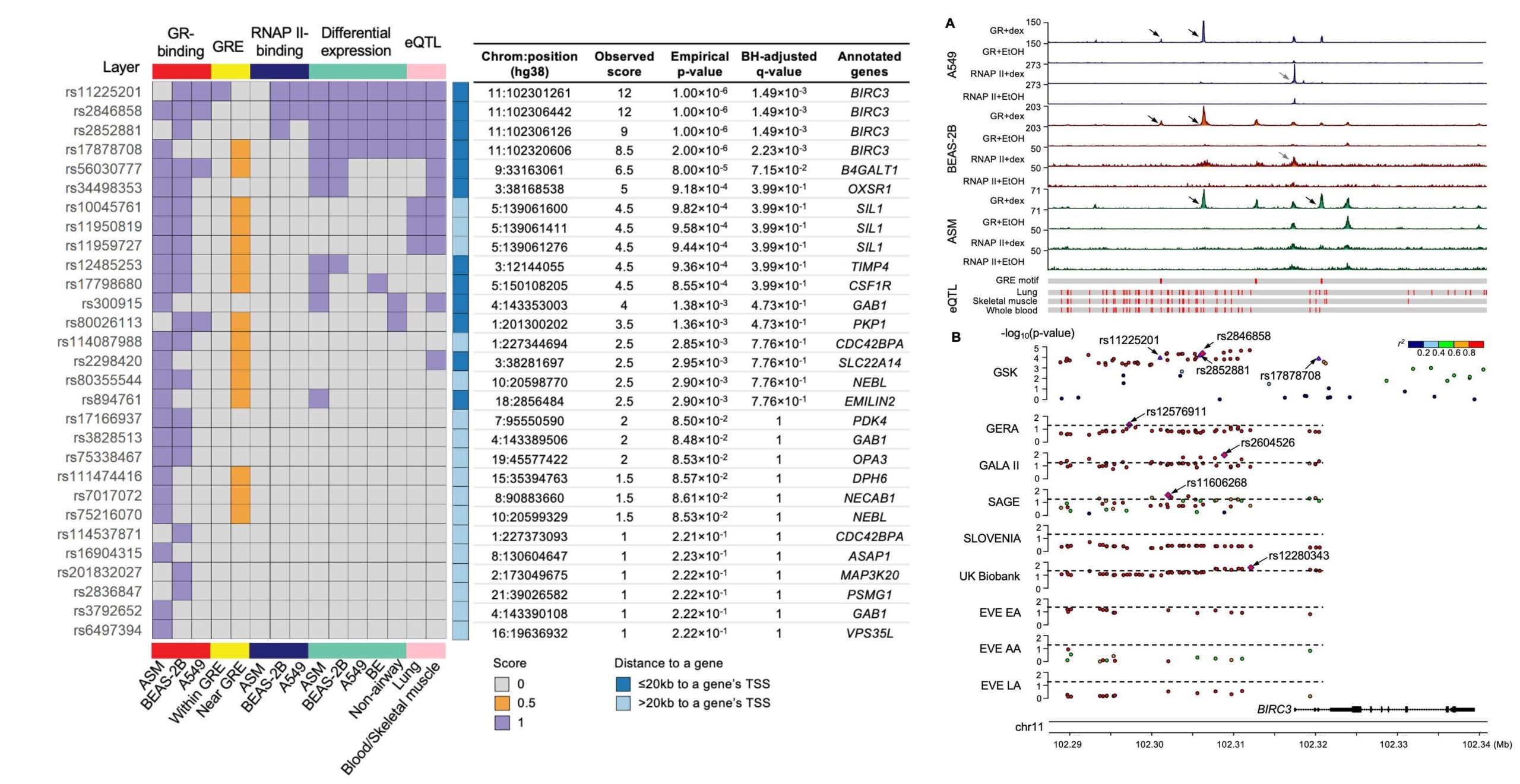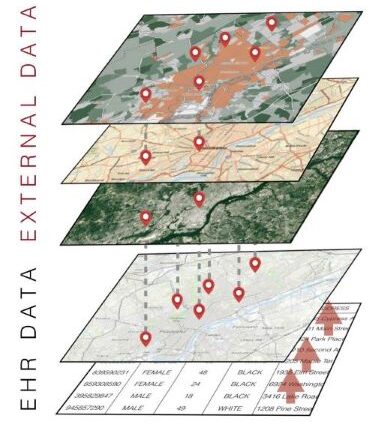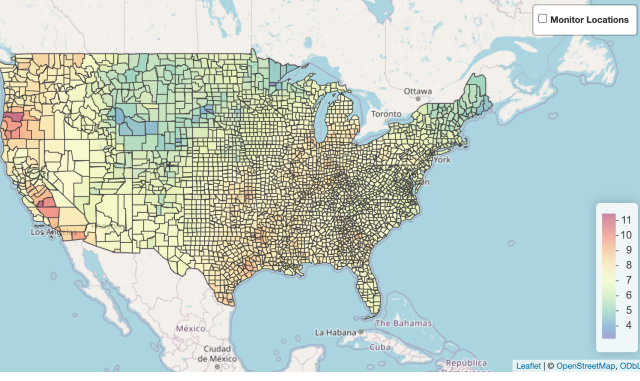
Environmental Health Informatics Core
The mission of the Environmental Health Informatics Core (EHIC) is to support CEET investigators using diverse expertise in environmental health informatics, including in bioinformatics, biomedical informatics, chemoinformatics, and public health informatics to accelerate improvements in environmental public health. EHIC services are underpinned by analytical tools that include data science, machine learning, and artificial intelligence.
Core Personnel


Joseph D. Romano, PhD, MPhil, MA
Associate DirectorCore Services
Bioinformatics Services
These services include analysis of many types of omics data, including genomic, transcriptomic, epigenomic, proteomic, lipidomic and metabolomic, as well as their integration using multiomics methods. Services include: RNA-Seq data analysis; Spatial transcriptomics data analysis; ChIP-Seq data analysis; CUT&RUN data analysis; Metabolomics/lipidomics data analysis; and Integrative analysis of multiomics data.

Biomedical Informatics Services
These services include extraction and analysis of data from Electronic Health Records (EHRs), biobanks, and disease registries; digital phenotyping; and use of ontologies to improve interoperability of datasets and their use in large scale research efforts.

Chemoinformatics Services
These services include development and use of a graph-knowledge database called ComptoxAI that provides insights into predictive toxicology, adverse outcome pathways, and quantitative structure-activity relationships.

Public Health Informatics
These services include analysis of geospatially distributed environmental data, and data collected with pollution sensors, biosensors, and wearable devices.

Request Service
The EHIC provides bioinformatics, biomedical informatics, chemoinformatics, and public health informatics support to CEET investigators. Common elements of this support are 1) access to computer resources, including high performance computing environments; 2) guidance on use and selection of publicly available datasets to address research questions; 3) selection, development, and deployment of appropriate data science, machine learning, and artificial intelligence tools; and 4) development of reports and web applications targeting diverse audiences. The EHIC provides informatics support for studies designed and initiated in the TRSC and for biomarker work performed in the BMSC to efficiently deliver results. Please submit the Request Form to initiate a new project: